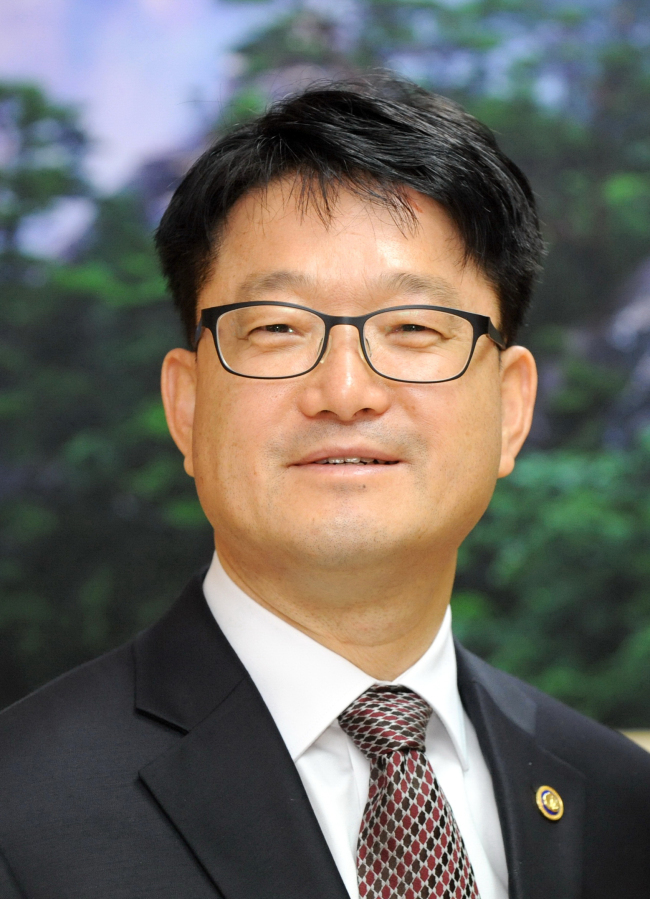The Korea Forest Service is striving to boost exports of forest products through various support programs amid the sluggish global economy
As of August this year, exports of forest products reached $260 million, showing little on-year improvement. Exports of wood and stone products rose by 4.5 percent and 32.4 percent, respectively, while short-term forest products such as mushrooms and potted plants dropped by nearly 20 percent.
The drought during summer had led to a drop of production and a rise in export prices. In addition, growing market uncertainty caused by Brexit and Hanjin Shipping’s court receivership added to the export concerns of the organization, said the KFS.
In a move to boost exports to reach its initial goal of $500 million, KFS has employed strategic measures since October.
To target the Chinese market, the organization opened its first-ever forest product shops in large shopping malls in Yantai, Shandong province in northwest China. Temporarily running from October to December this year, the new shops serve as a base for the KFS. Their items range from short-term forest products to wooden processed products.
The agency also participated in a Chinese food fair in Beijing to promote the goods and expand access to potential Chinese buyers.
It also held export counseling events in Guangzhou last month and Shanghai earlier this month.
To attract buyers in other countries, it took part in a food fair in Paris last month, where a large number of European buyers gathered.
 |
Korea Forest Service Minister Shin Won-sop |
It also said it would expand support measures for municipalities to better help them raise their indigenous products. It provided support for the cities and provinces to attend international promotion events held in various places such as Cambodia and China.
Earlier this month, the KFS helped Gyeonggi Province participate in food fairs in Indonesia, Vietnam and Saudi Arabia. It also supported South Gyeongsang Province by inviting Japanese and American buyers here.
With the aim of boosting exports next year, KFS vowed to strengthen the export system.
It will add two cities to its export-specialized regions and provide systematic support for exports.
Currently, it runs five export-specialized regions, with Buyeo, South Chungcheong Province, designated as a chestnut-oriented region, and Yeongdong, Gangwon Province, as a shiitake mushroom-oriented area this year.
For wood products, it vowed to draw up measures soon to raise competitiveness of high value products.
To improve the promotion of new products, the KFS said it would enhance marketing strategies and provide support through three steps: developing and globalizing the products, cultivating the overseas market and ensuring product settlement.
To curb trial and error in the export business, the organization will provide improved tailored consulting by building a consulting team with private experts, officials from various state-run agencies such as the Korea Agro-Fisheries & Good Trade Corp. and National Forestry Cooperative Federation.
Self-employed businessmen, forestry-related organizations and corporations will all be eligible for the support, it said.
The support measures are carried out under the forestry basic law, which stipulates regulations for monitoring forest resources and promoting them.
Support has been provided since 1998 within the limit range set up by a World Trade Organization agreement.
By Lee Hyun-jeong and Lee Kwon-hyoung (
rene@heraldcorp.com) (kwonhl@heraldcorp.com)







![[Today’s K-pop] Blackpink’s Jennie, Lisa invited to Coachella as solo acts](http://res.heraldm.com/phpwas/restmb_idxmake.php?idx=644&simg=/content/image/2024/11/21/20241121050099_0.jpg)
